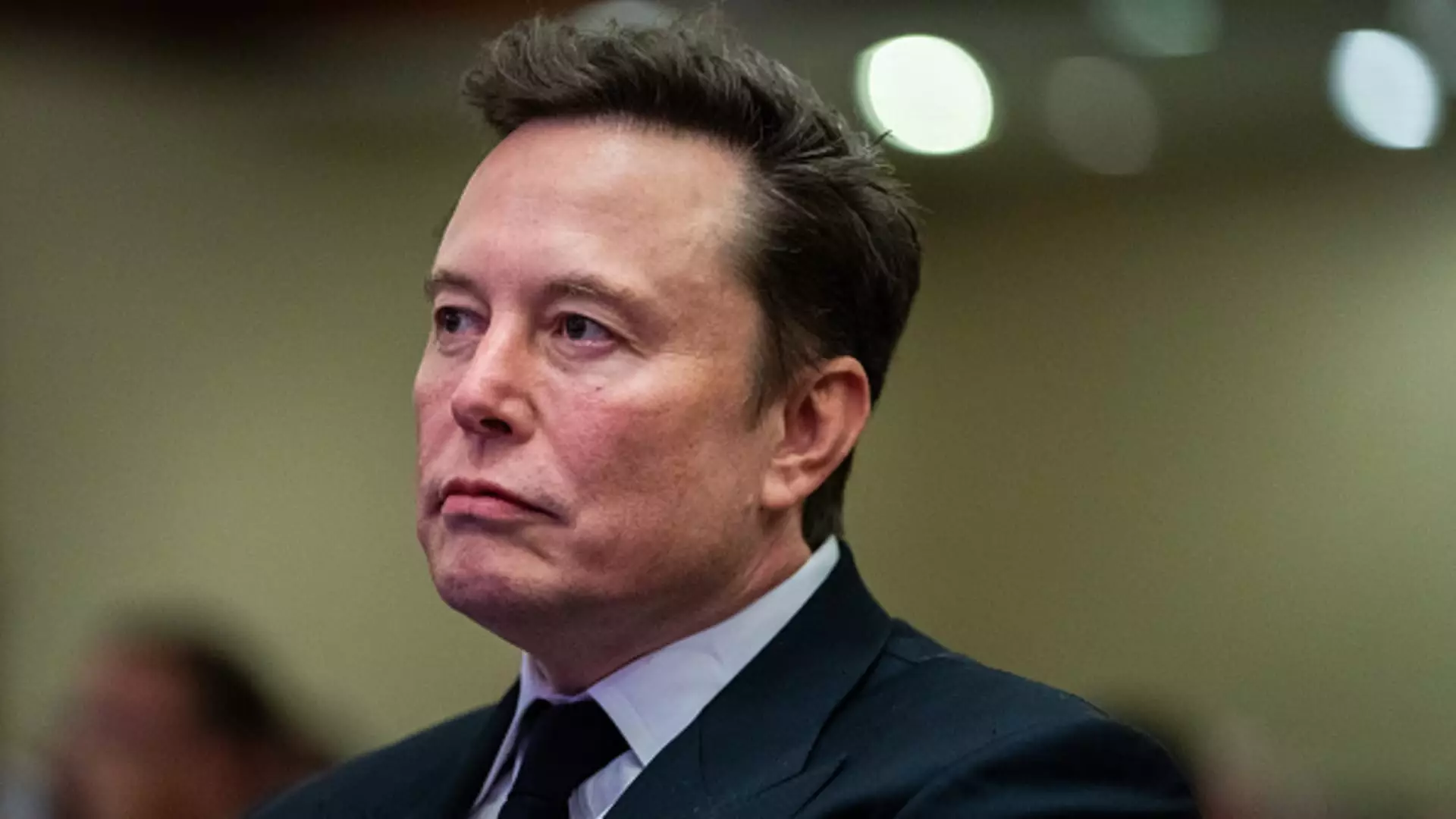Elon Musk, the CEO of Tesla, has found himself at the center of a significant legal dispute regarding a staggering $56 billion compensation package that he was awarded in 2018. This package was hailed as the largest executive compensation plan in U.S. history. However, in a recent ruling, a Delaware judge reaffirmed prior decisions deeming the pay plan invalid, declaring that the process through which it was approved was fundamentally flawed. This legal judgment could have far-reaching implications, not just for Musk and Tesla but also for corporate governance and executive compensation standards in public companies.
The heart of the judge’s ruling centers on the notion that Musk exercised excessive control over Tesla, dictating the terms of his compensation without adequate oversight or negotiation from an independent board of directors. Chancellor Kathaleen McCormick described the approval process for the pay package as “deeply flawed,” suggesting that it lacked the necessary checks and balances typical of such significant financial decisions. This raises important questions about the governance structures in place within corporations, especially regarding the oversight powers of boards in the face of charismatic, dominant figures like Musk.
Following the January ruling that annulled his pay package, Musk and Tesla attempted to leverage a shareholder vote held in June 2024 to reinforce the legitimacy of the compensation plan. However, the judge quickly quashed this argument, emphasizing that a subsequent vote by shareholders could not retroactively validate a flawed process. McCormick warned that allowing post-hoc votes to alter legal judgments could spiral into an endless cycle of litigation, undermining judicial authority and corporate accountability.
This line of reasoning illustrates the complexities that arise when a single individual exerts notable influence over their company. In Musk’s case, this influence appears to have blurred the lines between corporate governance and personal interest, leading to a compensation plan that many deemed inappropriate. The ruling has also awarded $345 million in fees to the attorneys who successfully represented Tesla shareholders, highlighting the financial potential for legal action in pursuit of corporate accountability.
In response to the ruling, Musk branded the court’s decision as “absolute corruption” and expressed his frustrations publicly. His reaction is indicative of a broader pattern observed among high-profile executives when confronted with legal setbacks. Musk’s criticism also highlights a trend where influential figures challenge established norms and seek to influence public opinion and shareholder sentiment in their favor, often through social media platforms.
Moreover, it’s noteworthy that Musk has advocated for shifting corporate filings from Delaware, arguing against the state’s legal framework as it relates to corporate governance. Following the ruling, Tesla moved its incorporation to Texas, and Musk has made similar moves with his aerospace company, SpaceX. This strategic relocation could potentially position Musk to operate under regulatory environments deemed more favorable, reflecting broader themes of corporate maneuvering in the face of legal challenges.
Despite the legal challenges and the annulment of his pay package, Musk’s financial standing has not suffered as dramatically as one might expect. Quite the opposite, in fact—the latest reports reveal that his net worth has surged by over $43 billion since the election of Donald Trump, with a notable increase in Tesla’s stock value.
As of now, the shares Musk still holds in Tesla are valued at approximately $150 billion, contributing to his status as one of the wealthiest individuals globally.
This juxtaposition between Musk’s legal troubles and his rising fortune illustrates the volatility and unpredictability inherent in the tech and automotive sectors, especially when intertwined with political variables. Analysts report that optimism surrounding Tesla’s performance, possibly linked to perceived favorable policies that may arise due to Musk’s connections with the government, has invigorated investor confidence.
The unfolding drama surrounding Elon Musk’s compensation package serves as a potent reminder of critical issues surrounding corporate governance and executive accountability. The case has broader implications for how compensation packages are structured and approved, necessitating robust mechanisms to prevent conflicts of interest, particularly in companies led by influential and charismatic leaders. As the landscape evolves, stakeholders will need to prioritize transparency and fairness in executive compensation to guard against similar scenarios in the future. Ultimately, the resolution of this controversy could set lasting precedents within the realm of corporate governance in America.


Leave a Reply